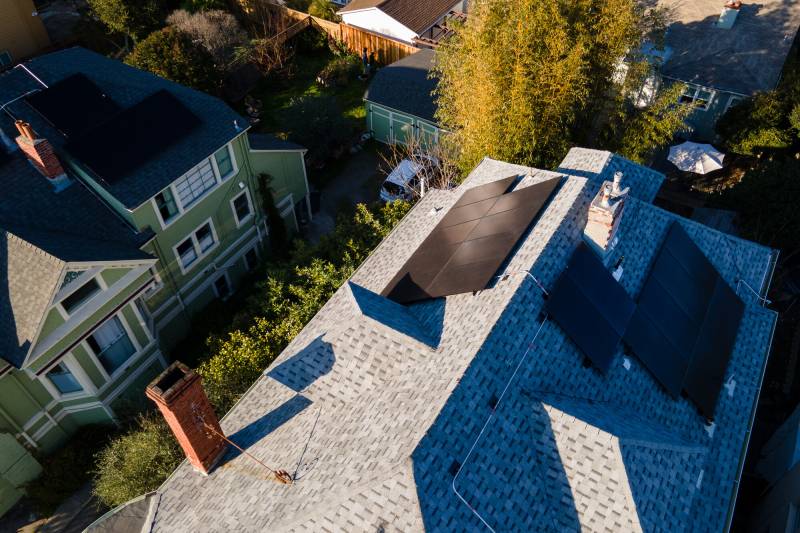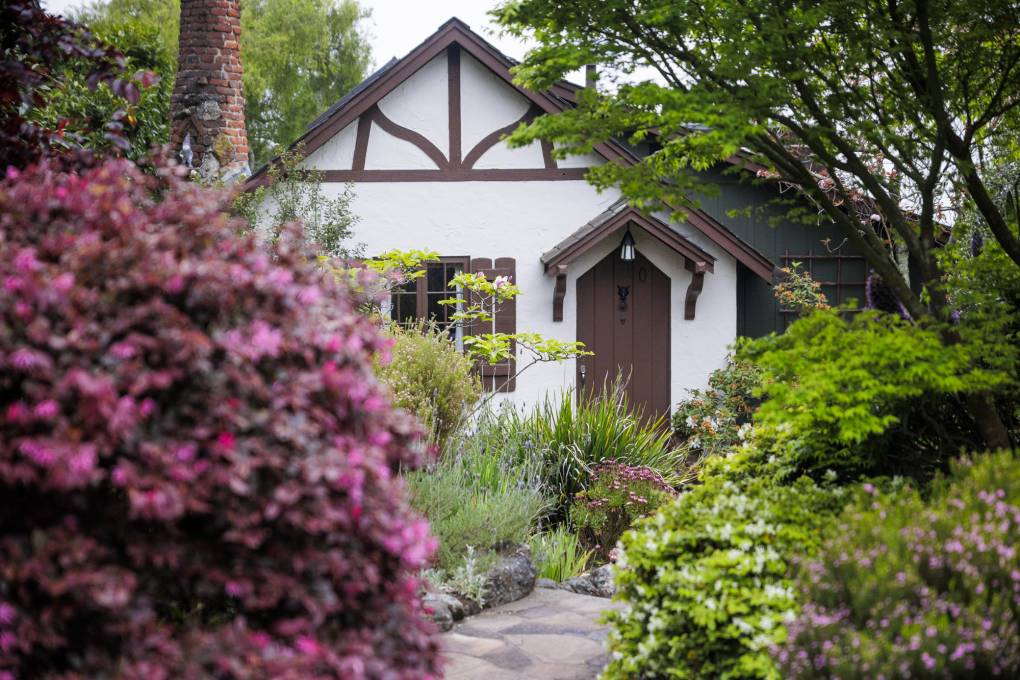Berkeley’s City Council approved updates to a policy this week intended to slash planet-warming pollution that comes from buildings.
If homes do not meet certain efficiency requirements at the time of sale, outgoing and incoming homeowners put money toward upgrades like swapping out a gas furnace for an electric heat pump, adding insulation, or installing solar panels. The buyer is then tasked with completing upgrades and will be reimbursed for those funds once complete.
“I’m just really proud of our city council for being able to make this decision,” Berkeley Mayor Adena Ishii said. “The goal at the end of the day is that people are able to make the changes to their homes that will make them more climate-friendly.”

